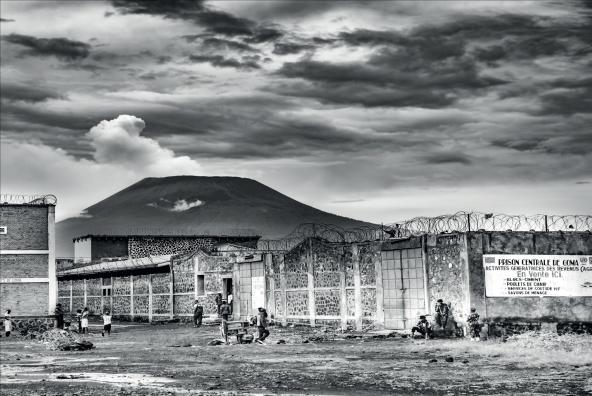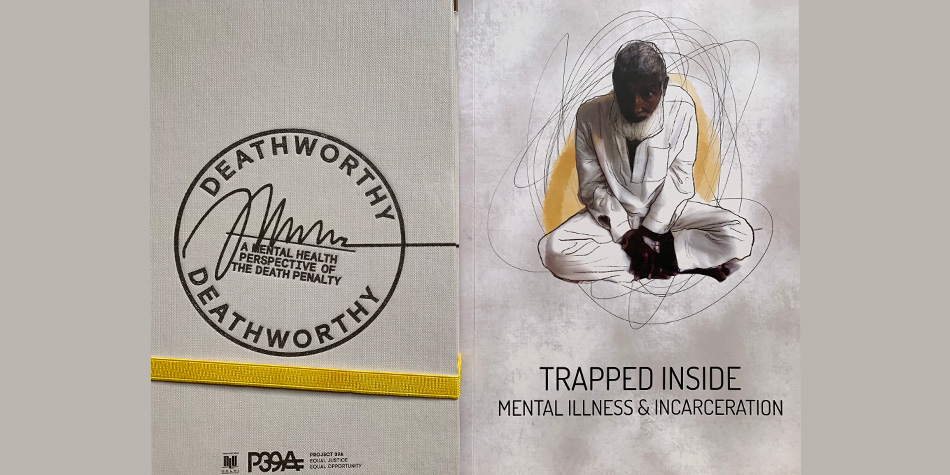India: a “lethal lottery”
Asia
Amnesty International India and the People’s Union for Civil Liberties (Tamil Nadu & Puducherry) have issued the study, Lethal Lottery: The Death Penalty in India, A study of Supreme Court judgments in death penalty cases 1950-2006.
The first major study into India’s legal judgements on death penalty cases, it reveals that the system is riddled with fatal flaws and that the only remedy is to abolish the death penalty completely.
The Anti-Death Penalty Asia Network, a regional coalition of abolitionist organisations and activists, wil be using the report to campaign for a moratorium and ultimately for the abolition of the death penalty in India in the coming months.
Errors and arbitrariness
The study of the courts highlights some of the main failings as:
- Errors in consideration of evidence – most death sentences handed down in India are based on circumstantial evidence alone. In a 1994 Supreme Court appeal, the Court noted sarcastically that the main witness’s memory constantly improved. His testimony at the trial three years after the incident was observed to be far more detailed than his confessional statement recorded a few days after.
- Inadequate legal representation – concerns included lawyers ignoring key facts of mental incompetence, omitting to provide any arguments on sentencing, or failing to investigate the age of possible child offenders. Poorer defendants were found to have particularly inadequate legal representation.
- Anti-terrorist legislation – concerns include the broad definition of ‘terrorist acts’, insufficient safeguards on arrest, and provisions allowing for confessions made to police to be admissible as evidence.
- Arbitrariness in sentencing – in the same month, different benches of the Supreme Court have treated similar cases differently, with mitigating factors taken into account or disregarded arbitrarily.
Death penalty not confined to the “rarest of rare” cases
In the Bachan Singh judgment of 1980, the Supreme Court ruled that the death penalty should be used only in the “rarest of rare” cases. More than a quarter of a century later, the report concludes that the courts and the State authorities have failed to apply consistently the procedures laid down by law and by that judgment.
Nine capital offences exist in India’s penal code, and at least 14 other ‘special’ or ‘local’ laws also provide for the death penalty in India including for terrorism and drug offences.
The last execution in India took place in 2004. Secrecy surrounds the country’s death penalty statistics, but Amnesty International believes that at least 140 people were sentenced to death in India in 2006 and 2007.
Download the report :
Full Version
Summary






